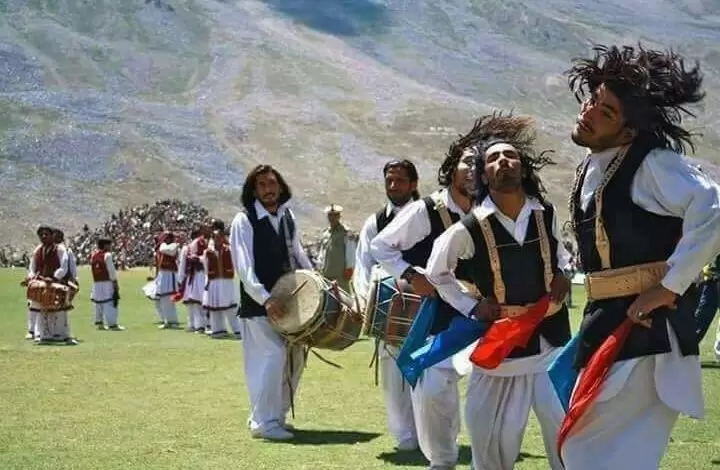
Pasha Khulosai: The Cherished Wedding Tradition Of Mehsud Tribes
'Pasha Khulosai' is a highly important wedding-related custom. It is performed after the engagement has been finalized and prayers have been offered for blessings. This ceremony is the responsibility of the groom's family and is a necessary step before the groom is allowed to set foot in his in-laws' home, either before or after the wedding. Without fulfilling this tradition, the groom cannot visit his future in-laws, making it a crucial pre-wedding custom.
The groom's family often rushes to complete this ceremony soon after the engagement is approved, ensuring that the groom can participate freely in family events at his in-laws' home, whether joyous or sorrowful, even before the wedding.
Also Read: Peshawar Tops List as Pakistan's Most Polluted City Amid Rising Air Quality Concerns
Shir Muhammad, a young man from the tribe, shared a fascinating account of this tradition. He recalled participating in his father's Pasha Khulosai at the age of eight. His father, who had not performed the ceremony, went abroad to Dubai after his marriage. Years later, when he returned home, the ceremony was finally conducted, with Shir Muhammad, now a young boy, accompanying him. This incident illustrates how deeply the Mehsud tribe values this tradition.
The Pasha Khulosai ceremony is meticulously planned and involves both families equally. On the designated day, the groom's family, including the groom himself, visits the bride's home for a formal gathering. The bride's family prepares an elaborate feast, which includes the slaughtering of goats and the cooking of traditional dishes. The groom is showered with gifts such as a gold ring, a wristwatch, a waistcoat, clothing, shoes, and various presents given by the bride's siblings and other relatives. The women accompanying the groom are also gifted new outfits, regardless of how many of them are present.
A crucial aspect of this tradition is that while it symbolizes the“unveiling” of the groom's right to visit his in-laws, it also fosters strong ties between the two families. The groom's family expresses their happiness by performing a traditional dance called attan at the bride's home. Only relatives from both sides participate, offering blessings for the couple's future.
The following day, the bride's family visits the groom's home, though the bride herself does not join them, as it goes against tribal customs. The groom's family hosts a grand reception, honoring the female relatives from the bride's side with new clothing. Special attention is given to the bride's maternal uncle, who receives a monetary gift and a turban, a symbol of honor and respect.
This tradition, with all its grandeur and meaningful gestures, strengthens bonds between the two families and allows the groom to take part in family events at his in-laws' home even before the wedding.

Legal Disclaimer:
MENAFN provides the
information “as is” without warranty of any kind. We do not accept
any responsibility or liability for the accuracy, content, images,
videos, licenses, completeness, legality, or reliability of the information
contained in this article. If you have any complaints or copyright
issues related to this article, kindly contact the provider above.

















Comments
No comment